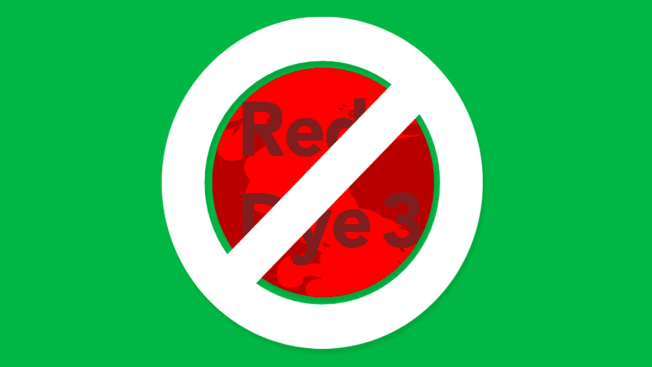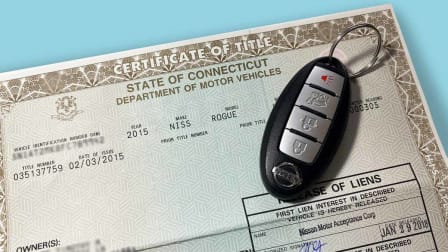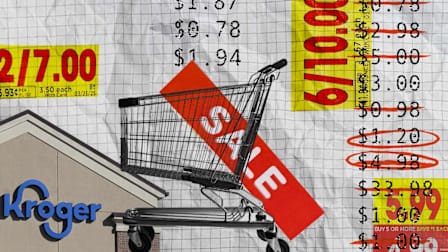Building a Better World, Together

Join with us to make a safer, fairer, healthier marketplace.
Fighting for Safer Food
In October, California passed a law banning four chemicals from being used in food and drinks sold or made in the state.
Each of the substances—brominated vegetable oil (BVO), potassium bromate, propyl paraben, and Red Dye No. 3—has been linked to serious health problems, including a higher risk of cancer, heart and liver problems, and developmental and reproductive issues. All are banned in the European Union.
The measure, which was co-sponsored by Consumer Reports and the Environmental Working Group, does not go into effect until January 2027. For now, the chemicals remain in hundreds of supermarket products, according to the EWG’s Food Scores database, including some citrus-flavored sodas (BVO), packaged breads (potassium bromate), baked goods (propyl paraben), and artificially colored candy (Red Dye No. 3).
A similar bill has been introduced in New York state. CR and other safety advocates have urged states to ban the chemicals because, they say, the Food and Drug Administration does not adequately regulate food additives. In November, the FDA proposed banning BVO nationally.
Even without more federal action, the California law may persuade companies to reformulate their products nationally so they don’t need to produce different products for specific jurisdictions. Some have already started: Just Born, maker of Peeps candies, told CR that none of its products will use Red Dye No. 3 after Easter 2024.
You can sign CR’s petition urging the FDA to ban Red Dye No. 3 nationwide.
375
Number of supermarket products containing Red Dye No. 3 or other banned chemicals.
Call to Action
CR’s long-running campaign against hidden and unfair “junk” fees is paying off. The Federal Trade Commission, the Consumer Financial Protection Bureau, and the Federal Communications Commission have all proposed rules that would require companies to disclose fees up front—or, with credit-card late fees, limit them altogether—across a wide range of industries. You can help urge policymakers to finalize these rules by signing CR’s Help Put a Stop to Junk Fees petition. And share your own frustrations with junk fees.
Securing Your Right to Repair
What’s at stake: We all know how difficult (and expensive) it is to get a cell phone or refrigerator repaired. But did you know that it is sometimes made more complicated by manufacturers—on purpose?
Some companies make it hard—or even impossible—for consumers (and independent repair shops) to access the parts, tools, and information to fix their products. This drives many consumers to manufacturer-authorized shops, which are often more expensive, or they just give up and buy a new product.
What CR is doing about it: CR has been a leading advocate for right to repair laws that would put an end to these practices. Our model legislation helped shape measures now on the books in New York and Minnesota, and working their way through dozens more state legislatures. We also built the right to repair into the Digital Standard, a set of best practices CR uses to evaluate digital products.
In October, California passed the strongest right-to-repair law yet, by covering appliances (which the New York law doesn’t include) and requiring manufacturers to make repair resources available for at least seven years after a product was made. CR worked closely with lawmakers, testified at hearings on the bill, and mobilized CR members to urge lawmakers to support it.
Advocates hope the size of the California market, and the complications of navigating legal distinctions state by state, will persuade manufacturers to provide repair resources nationwide.
What you can do: Support robust right-to-repair laws by signing CR’s Everyone Deserves the Right to Repair petition.
Editor’s Note: This article also appeared in the February 2024 issue of Consumer Reports magazine.




